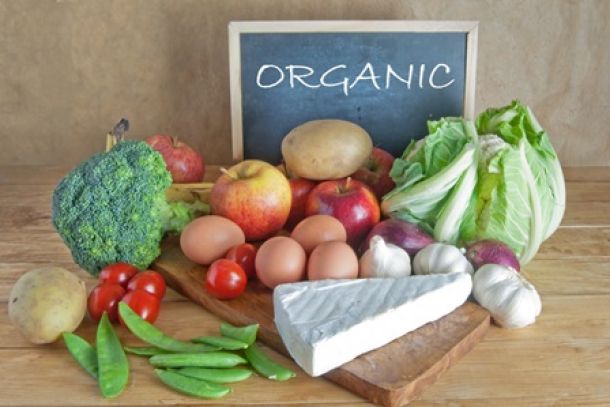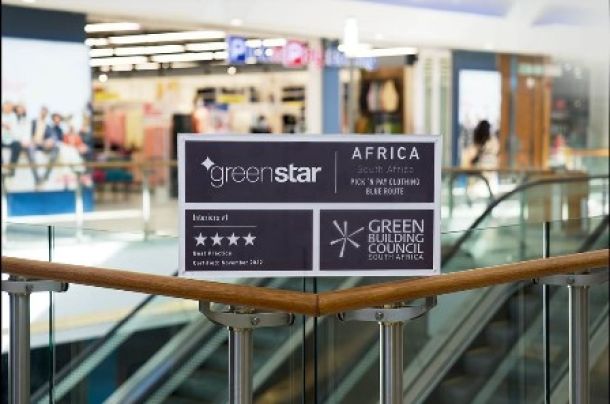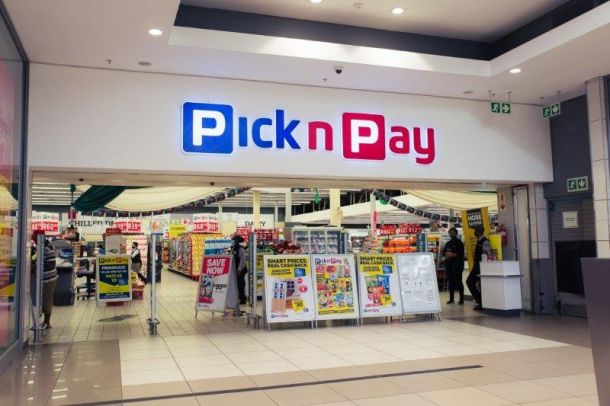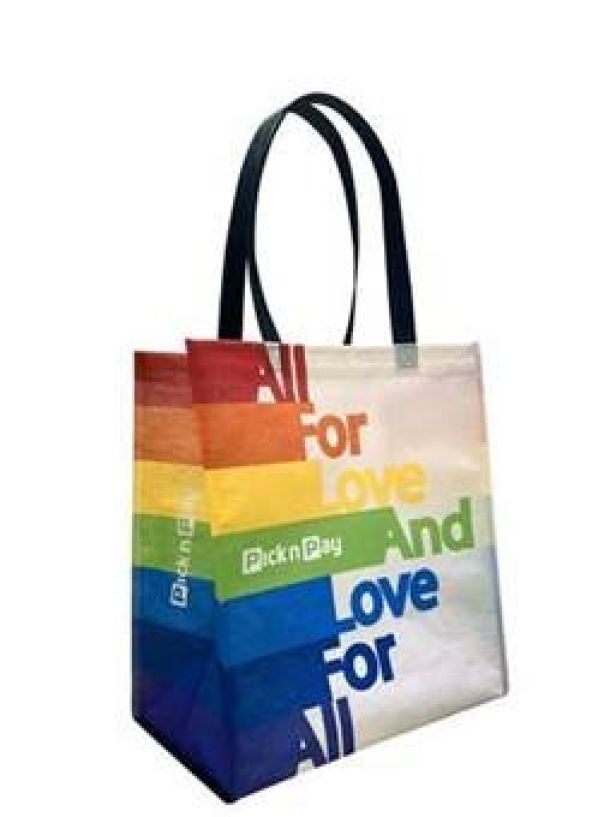
Woolworths food supplier partners join them in the commitment to halve food loss and waste by 2030
29 September is International Day of Awareness of Food Loss and Waste – an opportunity to raise awareness of practices and innovations to reduce food loss and waste and build a more resilient food system.
In 2020, Woolworths was a founding signatory of the Consumer Goods Council of South Africa’s (CGCSA) Voluntary Food Loss and Waste agreement which commits them to halve their food loss and waste by 2030. Now in the week of International Day of Awareness of Food Loss and Waste, the retailer confirms that 48 of their food suppliers have joined them to also become signatories. But most importantly 26 of these 48, are the retailer’s biggest suppliers which equates to nearly 60% of Woolworths’ food production.
“Prevention of food loss and waste is one of the powerful means to strengthen our food systems and has always been a key focus in our Good Business Journey (GBJ) including our Inclusive Justice Initiative (IJI), as it addresses both the injustice of food being wasted as well as the environmental impacts of wasting resources like water and energy in the production and growth of the food. Last year, the CSIR confirmed that on a yearly basis 10.4 million tons of edible food goes to waste in South Africa yet 14.3 million* people have limited access to food. Iniquitous statistics that call for a collective effort to make a meaningful impact,” says Latiefa Behardien, Woolworths Foods Chief Technology and Sustainability Officer.
“Food waste occurs at all stages of the supply chain, so we are investing most of our efforts at the supplier level and encouraging our suppliers to commit to South Africa’s Voluntary Food Loss and Waste agreement,” continues Behardien.
From an in-store food waste perspective, Woolworths has for over thirty years been donating their surplus food that is past its ‘sell by date but not past its ‘use by date’ to charities directly from its stores across the country. Over the last financial year these donations equated to over 15 000 tons of food valued at R 786,456,235.
The retailer also partners with FoodForward SA and provides funding to support its vision to recover edible surplus food and distribute it to community organisations in both urban and rural areas.
* STATS SA 2021
News Category
- International retailers
- On the move
- Awards and achievements
- Legislation
- Wine and liquor
- Africa
- Going green
- Supplier news
- Research tools
- Retailer trading results
- Supply chain
- Innovation and technology
- Economic factors
- Crime and security
- Store Openings
- Marketing and Promotions
- Social Responsibility
- Brand Press Office
Related Articles

New laws to tackle claims of ‘organic’ and ‘fre...

Pick n Pay clothing store awarded green status

Pick n Pay reduces food waste by nearly a third...

Pick n Pay becomes first retailer to stop using...

